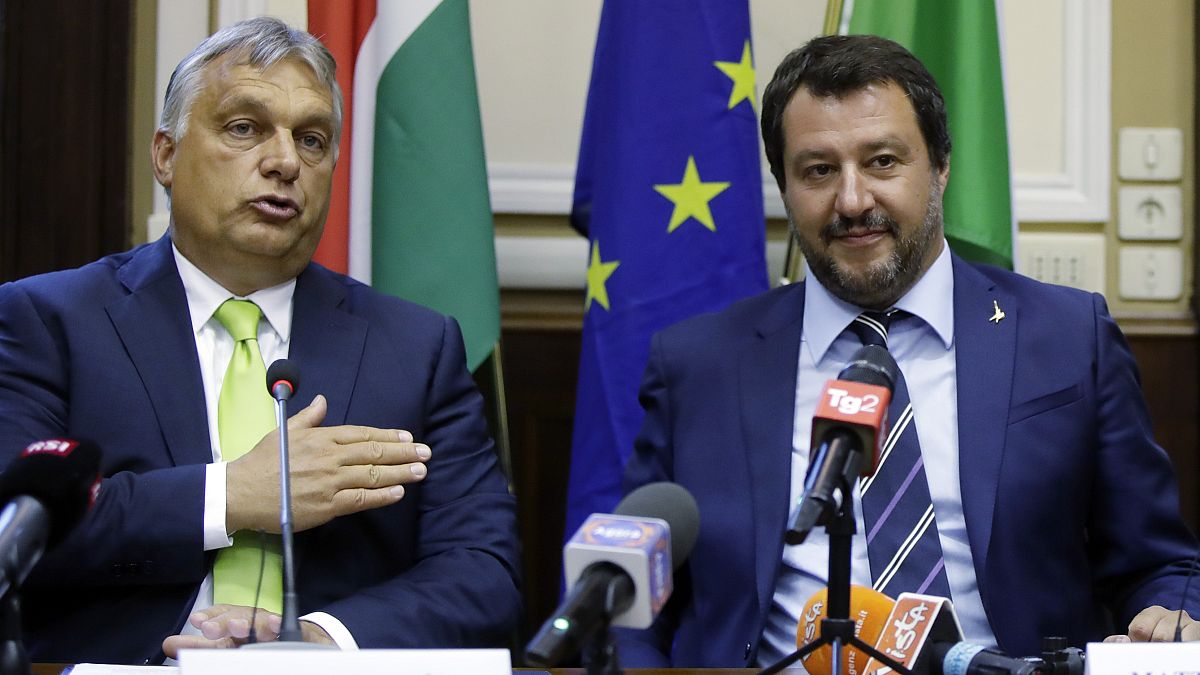Viktor Orbán’s attempt to establish his new far-right alliance, the Patriots for Europe, as a major player in the European Parliament is coming to a head this week. The alliance, which includes parties such as Fidesz and ANO, has been gaining support from various far-right parties across Europe, reshuffling the political landscape. However, whether the Patriots will be able to wield any significant power in the Parliament remains uncertain.
The Patriots have managed to attract MEPs from parties such as Austria’s Freedom Party, Spain’s Vox, and Italy’s Lega. They have also been in talks with Poland’s Law and Justice party, although PiS eventually decided to stay with the ECR group. Despite this, the Patriots have been able to bring several parties into their fold, positioning themselves as a potential third-largest group in the Parliament.
One of the key parties that the Patriots are waiting to join is Marine Le Pen’s Rassemblement National, the largest national delegation in the European Parliament. Le Pen’s party has not yet officially announced their support for the Patriots but is expected to do so soon. If Rassemblement National joins the Patriots, they would surpass ECR and Renew Europe in terms of MEP numbers.
However, regardless of their size, the Patriots are not expected to gain any significant positions of power within the European Parliament. The so-called cordon sanitaire, which aims to isolate far-right groups from internal power-sharing, is likely to prevent the Patriots from securing top jobs such as committee chairs or vice-presidents. This exclusion could benefit other groups in the Parliament.
Despite their attempts to grow, the Patriots’ prospects beyond Rassemblement National are limited. Germany’s far-right Alternative für Deutschland (AfD), another potential candidate to join, is still at odds with Le Pen’s party. Talks between AfD and other far-right parties have been attempted, but the formation of a separate ultra-far-right group seems more likely. AfD could potentially seek support from other non-affiliated MEPs to create their own parliamentary group.
In conclusion, Viktor Orbán’s far-right alliance, the Patriots for Europe, is making strides in gaining support from various far-right parties across Europe. However, their ability to wield significant power within the European Parliament remains uncertain due to the political dynamics at play. Despite their efforts to form a major group in the Parliament, the Patriots may face challenges in securing top positions of influence. Additionally, the formation of a separate ultra-far-right group led by AfD could further complicate the political landscape within the Parliament.










